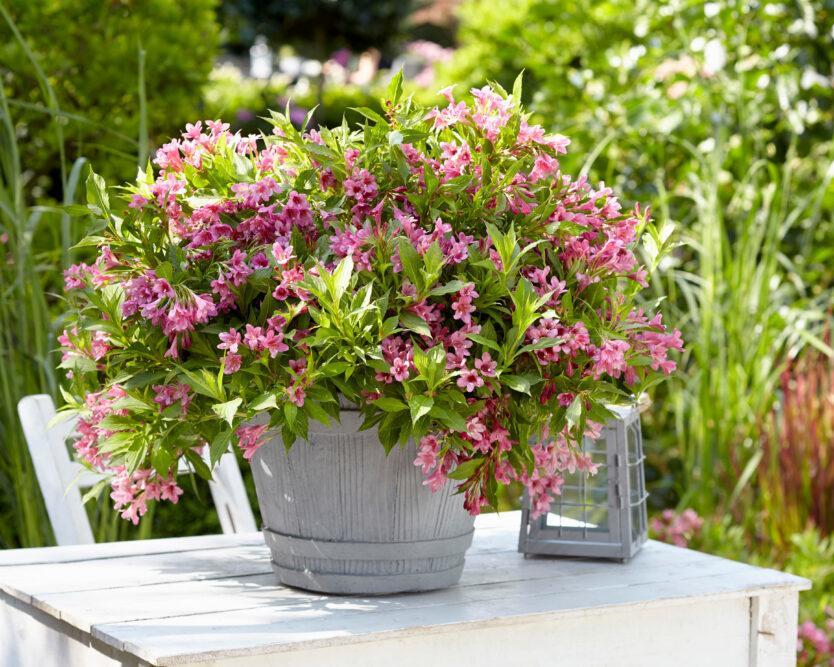Article by Anna White
NEW cars depreciate in value at a rate of between 15 and 35 per cent in the first year, and more than 50 per cent over the next three. According to moneyhelper.org.uk, mileage, general condition, number of owners and fuel efficiency all contribute to this disappointing drop in a vehicle’s worth. So, should depreciation be a consideration when it comes to buying a brand-new home?
THE BOTTOM LINE
New-build homes tend to be more expensive, on average, than say a Victorian terrace property – the typical urban housing stock in the UK. The theory goes that a new home will lose some value immediately (it’s not brand-new any more), most likely a single-digit percentage loss, unlike a period property, which becomes more revered the older it gets. Of course, in a normal-to-buoyant housing market, all homes should increase in value over time.
However, there is hidden value in a brand-new home, while there can be shock costs associated with an older property. This is apparent in the numbers. A new two-bedroom Weston Homes property in Dartford, Kent, was bought for £270,000 in 2017 and resold this year for £295,000. That’s an increase of nine per cent. More impressive is the 16 per cent uplift on a three-bedroom Weston Homes property in Clavering, Essex, which was originally priced at £374,995 in 2015 and was resold for £435,000 this year.
 (ROOM) SIZE MATTERS
(ROOM) SIZE MATTERS
A developer would argue that buyers of new homes literally get more for their money.
When comparing equivalent homes in a similarly priced area, a new home will tend to be more spacious than a period property, such as Victorian or Georgian which will typically be narrower with a broken-plan layout of multiple smaller rooms, designed to keep in heat before double or triple glazing or underfloor heating came along.
With families and entertaining in mind, and in order to bring more natural light into a home, open-plan kitchen/dining/living spaces that open on to outside space are far more prevalent in new properties.
BUY WESTON HOMES, BUY PEACE OF MIND
Many new homes also come with new appliances and white goods, removing the need to negotiate over whether the washing machine of no discernible age stays or goes, along with the dilapidated dishwasher.
In fact, for the first two years on a Weston Homes site, everything within the home is covered by a two-year warranty and there’s a maintenance team a phone call away.
On some sites, there will be a concierge service of varying levels, from a dedicated person who runs the site, to a secure room to hold parcels. There are even housebuilders in discussion with Amazon to collaborate and provide special Amazon lockers.
 IF YOU CARE ABOUT THE FUTURE…
IF YOU CARE ABOUT THE FUTURE…
New homes should be highly energy efficient, too, a topic under discussion at the Cop26 climate change conference in Glasgow this month. Double and triple-glazed, good-quality new homes should be well insulated to modern housebuilding standards. This lowers heating bills for the residents and reduces carbon emissions.
By 2025 no new homes will come fitted with gas boilers or gas hobs as the world moves towards a carbon-zero future. New homes and flats will be heated by community-shared systems of hot water, which some pioneering developers are already building.
Starting to appear in new housing schemes are Combined Heat and Power (CHP) energy centres which act like community boilers – but without the gas – to heat a new neighbourhood. The properties at Abbey Quay, Weston Homes’ new urban village in Barking, east London, will be heated by a district CHP, as will homes at The Venue, the Weston Homes scheme in Hayes, west London.
This all means the new homes sector has a far better chance of becoming carbon negative quicker than other parts of the property industry.
KEEP IT GREEN – AND KEEP FIT
As well as benefiting the health of the planet, new-build neighbourhoods are competing to bring wellbeing into the home.
Set out by the Government, the standards that developers are held to when building new homes ensure that they put back more biodiversity –natural wildlife habitats – than were there before they started building.
As a result the best regeneration schemes now come with landscaped gardens, some with allotments, green and brown roofs, wetlands and meadows dedicated to rewilding urban or suburban areas.
In an era when outside space has proved precious for home buyers during multiple coronavirus lockdowns, new developers now provide acres of communal parkland right on the doorstep. Weston Homes’ Langley Square site in Dartford is built around a 19th-century millpond on the River Darent.
Some new-build homes will come with a private gym. Typically, residents still need to pay membership but in a bid to sign people up, a gym will often run a discount scheme for those who live there. It is also becoming more commonplace that the green space looping around or weaving through the newly created streets will have outdoor exercise equipment and cycle routes.
A READY-MADE COMMUNITY
As well as fresh air and fitness, new-build neighbourhoods are being designed to enhance community spirit and interaction – known by urban planners and architects as positive friction. The way the homes, parks and amenities are laid out encourages people to bump into each other and socialise. On top of this, free and paid-for activities may be laid on by the company managing the neighbourhood.
Abbey Quay will deliver 1,000 new homes when completed, with some one-, two- and three-bedroom apartments on sale already. Fronting directly on to the River Roding, it will have a waterside plaza with community spaces, shops, cafes and hyperoptic super-fast broadband.
Therein lies another hidden value. In response to the Covid-19 pandemic, many new housing schemes are now being built with co-working space. This not only gives residents a break from the kitchen table, but also saves home workers commuting costs and reduces carbon footprint.
 MAKE YOURS A WISE WESTON HOMES BUY
MAKE YOURS A WISE WESTON HOMES BUY
The total cost of buying a new home is transparent – with add-on furniture packages, annual memberships to local clubs or even incentives such as the £10,000 discount at Abbey Quay. But there is hidden value in buying the right, high-quality new home while also buying into the wider neighbourhood. As well as the four walls, residents are paying for a healthier lifestyle… and it is hard to put a price on that.














